To provide the best experiences, we use technologies like cookies to store and/or access device information. Consenting to these technologies will allow us to process data such as browsing behaviour or unique IDs on this site. Not consenting or withdrawing consent, may adversely affect certain features and functions.
The technical storage or access is strictly necessary for the legitimate purpose of enabling the use of a specific service explicitly requested by the subscriber or user, or for the sole purpose of carrying out the transmission of a communication over an electronic communications network.
The technical storage or access is necessary for the legitimate purpose of storing preferences that are not requested by the subscriber or user.
The technical storage or access that is used exclusively for statistical purposes.
The technical storage or access that is used exclusively for anonymous statistical purposes. Without a subpoena, voluntary compliance on the part of your Internet Service Provider, or additional records from a third party, information stored or retrieved for this purpose alone cannot usually be used to identify you.
The technical storage or access is required to create user profiles to send advertising, or to track the user on a website or across several websites for similar marketing purposes.
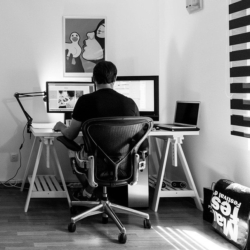 Research commissioned by CANCOM, conducted with UK HR professionals about post-COVID work habits claims that only one-in-ten organisations does not intend to run a hybrid way of working – with nearly two-thirds (65 percent) of HR professionals of the opinion that employees will divide their time between the office and home after all COVID restrictions have lifted. (more…)
Research commissioned by CANCOM, conducted with UK HR professionals about post-COVID work habits claims that only one-in-ten organisations does not intend to run a hybrid way of working – with nearly two-thirds (65 percent) of HR professionals of the opinion that employees will divide their time between the office and home after all COVID restrictions have lifted. (more…)




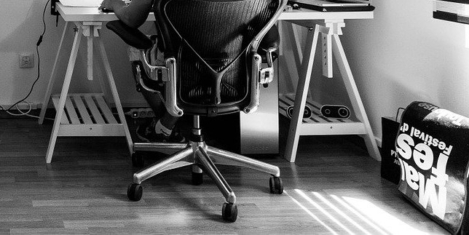

 Skills have become the new currency of workforce and talent strategies, as more than half of organisations that responded to the
Skills have become the new currency of workforce and talent strategies, as more than half of organisations that responded to the 
 If a robot worker makes a mistake on the job, or annoys customers, businesses may not give it a pink slip and a cardboard box for its office belongings, but companies may be forced to shut down these expensive machines, according to a team of researchers. Knowing how to better design and manage these robots may help service industry firms both avoid losing their investments in the robots, as well as secure an increasingly necessary source of extra help, the team added.
If a robot worker makes a mistake on the job, or annoys customers, businesses may not give it a pink slip and a cardboard box for its office belongings, but companies may be forced to shut down these expensive machines, according to a team of researchers. Knowing how to better design and manage these robots may help service industry firms both avoid losing their investments in the robots, as well as secure an increasingly necessary source of extra help, the team added. 
 British Land has announced that JLL has chosen 1 Broadgate for its new UK flagship office. JLL, the global real estate services firm, has signed an agreement for lease for 134,000 sq ft on a 15 year term, representing a pre-let of nearly a third of the office space.
British Land has announced that JLL has chosen 1 Broadgate for its new UK flagship office. JLL, the global real estate services firm, has signed an agreement for lease for 134,000 sq ft on a 15 year term, representing a pre-let of nearly a third of the office space. 
 The productivity benefits of homeworking appear to have increased during the pandemic, with employers now more likely to say that the shift to homeworking has boosted productivity (33 percent) than they were in June 2020 (28 percent). This is according to new research by the
The productivity benefits of homeworking appear to have increased during the pandemic, with employers now more likely to say that the shift to homeworking has boosted productivity (33 percent) than they were in June 2020 (28 percent). This is according to new research by the 
 Research by VINCI Facilities claims that the UK facilities management sector does not possess a thorough, detailed strategic approach to combatting climate change. In the autumn of 2020
Research by VINCI Facilities claims that the UK facilities management sector does not possess a thorough, detailed strategic approach to combatting climate change. In the autumn of 2020 
 Remote work, rapidly accelerated by the pandemic, is now essential to business success and worker productivity. However, as parts of the world open up and hybrid work becomes a reality, research claims that companies must invest in establishing flexible work policies and programs, and address a sizeable disconnect in trust between decision makers and employees, according to a Forrester study commissioned by
Remote work, rapidly accelerated by the pandemic, is now essential to business success and worker productivity. However, as parts of the world open up and hybrid work becomes a reality, research claims that companies must invest in establishing flexible work policies and programs, and address a sizeable disconnect in trust between decision makers and employees, according to a Forrester study commissioned by 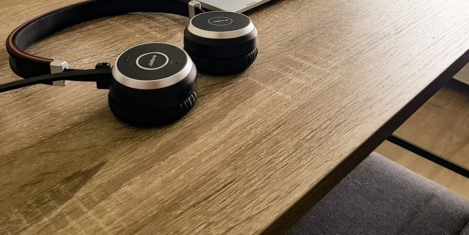
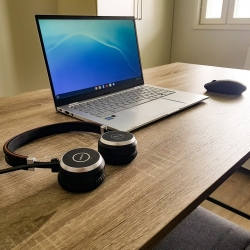
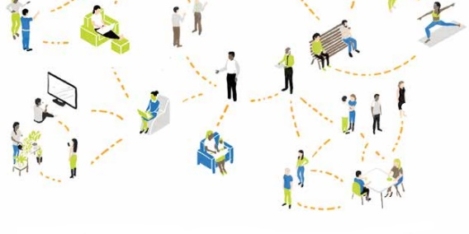
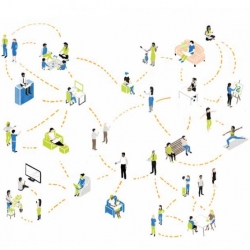 As lockdown restrictions are eased and employees head back to the office a new report is calling for businesses to reinvent the world of work. The Human Organisation report highlights how the current workplace model is based on bureaucracy and hierarchy, which stifles employee empowerment and creativity.
As lockdown restrictions are eased and employees head back to the office a new report is calling for businesses to reinvent the world of work. The Human Organisation report highlights how the current workplace model is based on bureaucracy and hierarchy, which stifles employee empowerment and creativity. 


 A new report from think tank Demos and Legal & General calls on the UK Government to back policy change that supports growth of hybrid working and local offices to drive forward its plans for regeneration and economic growth. The report,
A new report from think tank Demos and Legal & General calls on the UK Government to back policy change that supports growth of hybrid working and local offices to drive forward its plans for regeneration and economic growth. The report, 







March 29, 2021
Mental health transparency at the top is the key to workplace wellbeing
by Elaine Carnegie • Comment, Wellbeing